What is modafinil?
Modafinil is a medication that promotes wakefulness.
Modafinil is used to treat excessive sleepiness caused by sleep apnea, narcolepsy, or shift work sleep disorder.
Modafinil may also be used for purposes not listed in this medication guide.
Warnings
You should not use modafinil if you have ever had an allergic reaction or skin rash while taking modafinil or armodafinil (Nuvigil).
Modafinil can cause skin reactions that may be severe enough to need treatment in a hospital. Stop taking this medicine and get emergency medical help if you have a skin rash or hives, blisters or peeling, mouth sores, trouble breathing or swallowing, fever, swelling in your legs, dark urine, yellowing of your skin or eyes, or swelling in your face.
Before taking this medicine
You should not use this medicine if you have ever had an allergic reaction or skin rash while taking modafinil or armodafinil (Nuvigil).
To make sure modafinil is safe for you, tell your doctor if you have:
- angina (chest pain);
- cirrhosis or other liver problem;
- kidney disease;
- high blood pressure, heart disease, or history of heart attack;
- a history of mental illness or psychosis; or
- history of alcoholism or drug addiction.
It is not known whether this medicine will harm an unborn baby. Tell your doctor if you are pregnant or plan to become pregnant.
Modafinil can make certain birth control less effective. Hormonal contraception (birth control pills, injections, implants, skin patches, and vaginal rings) may not be effective enough to prevent pregnancy during your treatment. Talk with your doctor about the best methods of birth control to use while taking modafinil.
It is not known whether modafinil passes into breast milk or if it could harm a nursing baby. Tell your doctor if you are breast-feeding a baby.
Modafinil is not approved for use by anyone younger than 17 years old.
How should I take modafinil?
Follow all directions on your prescription label. Do not take modafinil in larger or smaller amounts or for longer than recommended.
Modafinil may be habit-forming. Never share modafinil with another person, especially someone with a history of drug abuse or addiction. Keep the medication in a place where others cannot get to it. Selling or giving away modafinil is against the law.
Modafinil is usually taken each morning to prevent daytime sleepiness, or 1 hour before the start of a work shift to treat work-time sleep disorders.
Read all patient information, medication guides, and instruction sheets provided to you. Ask your doctor or pharmacist if you have any questions.
You may take modafinil with or without food.
Modafinil is usually given for 12 weeks or less.
If you are taking modafinil to treat sleepiness caused by obstructive sleep apnea, you may also be treated with a continuous positive airway pressure (CPAP) machine. This machine is an air pump connected to a mask that gently blows pressurized air into your nose while you sleep. The pump does not breathe for you, but the gentle force of air helps keep your airway open to prevent obstruction.
Do not stop using your CPAP machine during sleep unless your doctor tells you to. The combination of treatment with CPAP and modafinil may be necessary to best treat your condition.
Modafinil will not cure obstructive sleep apnea or treat its underlying causes. Follow your doctor’s instructions about all your other treatments for this disorder.
Call your doctor if you continue to have excessive sleepiness even while taking modafinil.
Taking modafinil does not take the place of getting enough sleep.
Store at room temperature away from moisture and heat.
Keep track of the amount of medicine used from each new bottle. Modafinil is a drug of abuse and you should be aware if anyone is using your medicine improperly or without a prescription.
What happens if I miss a dose?
Talk with your doctor about what to do if you miss a dose of modafinil. Avoid taking the medicine if you do not plan to be awake for several hours. Skip the missed dose if it is almost bedtime. Do not take extra medicine to make up the missed dose.
What happens if I overdose?
Seek emergency medical attention or call the Poison Help line at 1-800-222-1222.
What should I avoid while taking modafinil?
modafinil may impair your thinking or reactions. Be careful if you drive or do anything that requires you to be alert.
Avoid other dangerous activities until you know how modafinil will affect your level of wakefulness.
Avoid drinking alcohol while taking modafinil.
Modafinil side effects
Get emergency medical help if you have signs of an allergic reaction: hives; difficulty breathing; swelling of your face, lips, tongue, or throat.
Modafinil can cause skin reactions that may be severe enough to need treatment in a hospital. Stop taking this medicine and get emergency medical help if you have:
- skin rash or hives, blisters or peeling;
- mouth sores, trouble swallowing;
- fever, shortness of breath;
- swelling in your legs;
- dark urine, jaundice (yellowing of the skin or eyes); or
- swelling in your face, eyes, lips, tongue, or throat.
Stop using modafinil and call your doctor at once if you have:
- depression, anxiety, suicidal thoughts or actions;
- hallucinations, unusual thoughts or behavior, aggression, being more active or talkative than usual;
- chest pain, trouble breathing, uneven heart beats; or
- the first sign of any skin rash, no matter how minor you think it might be.
Common side effects may include:
- headache, dizziness;
- feeling nervous or anxious;
- back pain;
- nausea, diarrhea, upset stomach;
- sleep problems (insomnia); or
- stuffy nose.
Modafinil dosing information
Usual Adult Dose for Narcolepsy:
200 mg orally once a day in the morning
Comments:
-In obstructive sleep apnea (OSA), this drug is not a treatment for the underlying obstruction.
-If continuous positive airway pressure (CPAP) is the treatment of choice for excessive sleepiness, a maximal effort to treat with CPAP for an adequate period of time should be made prior to and during treatment with this drug.
Use: Treatment to improve wakefulness in patients with excessive sleepiness associated with narcolepsy and OSA.
Usual Adult Dose for Obstructive Sleep Apnea/Hypopnea Syndrome:
200 mg orally once a day in the morning
Comments:
-In obstructive sleep apnea (OSA), this drug is not a treatment for the underlying obstruction.
-If continuous positive airway pressure (CPAP) is the treatment of choice for excessive sleepiness, a maximal effort to treat with CPAP for an adequate period of time should be made prior to and during treatment with this drug.
Use: Treatment to improve wakefulness in patients with excessive sleepiness associated with narcolepsy and OSA.
Usual Adult Dose for Shift Work Sleep Disorder:
200 mg orally once a day, approximately 1 hour prior to the start of the work shift
Use: Treatment to improve wakefulness in patients with excessive sleepiness associated with shift work disorder.

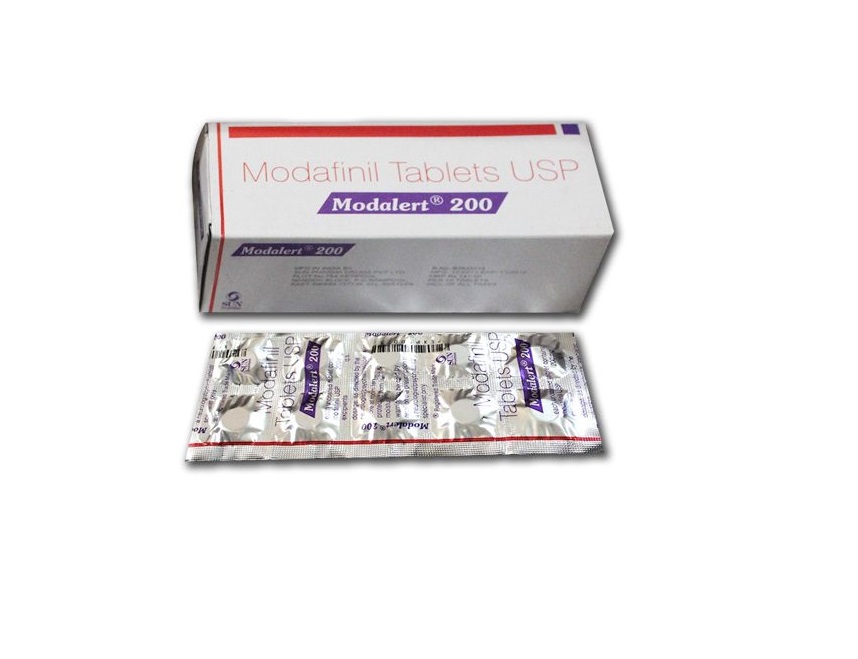
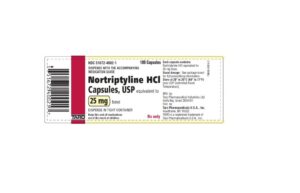
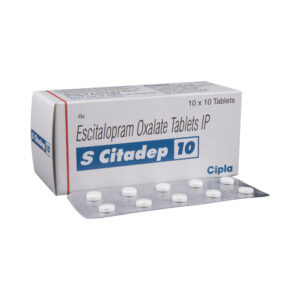
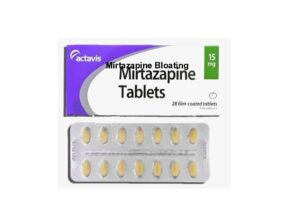
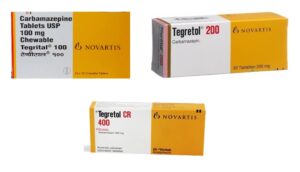
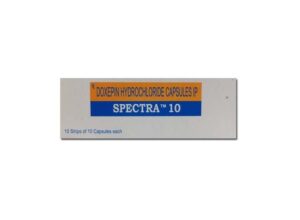
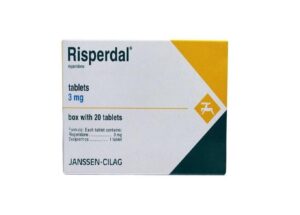
Reviews
There are no reviews yet.